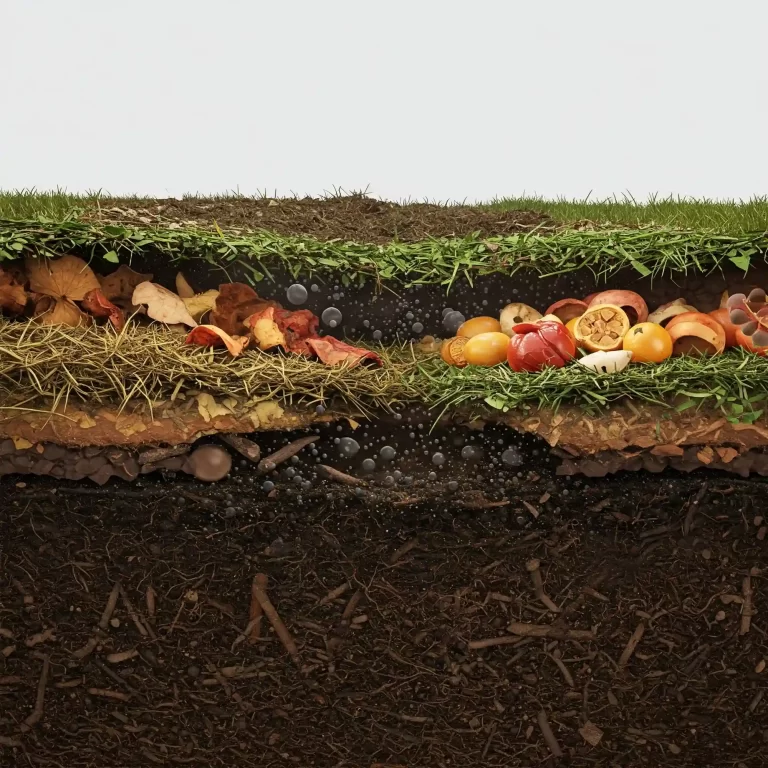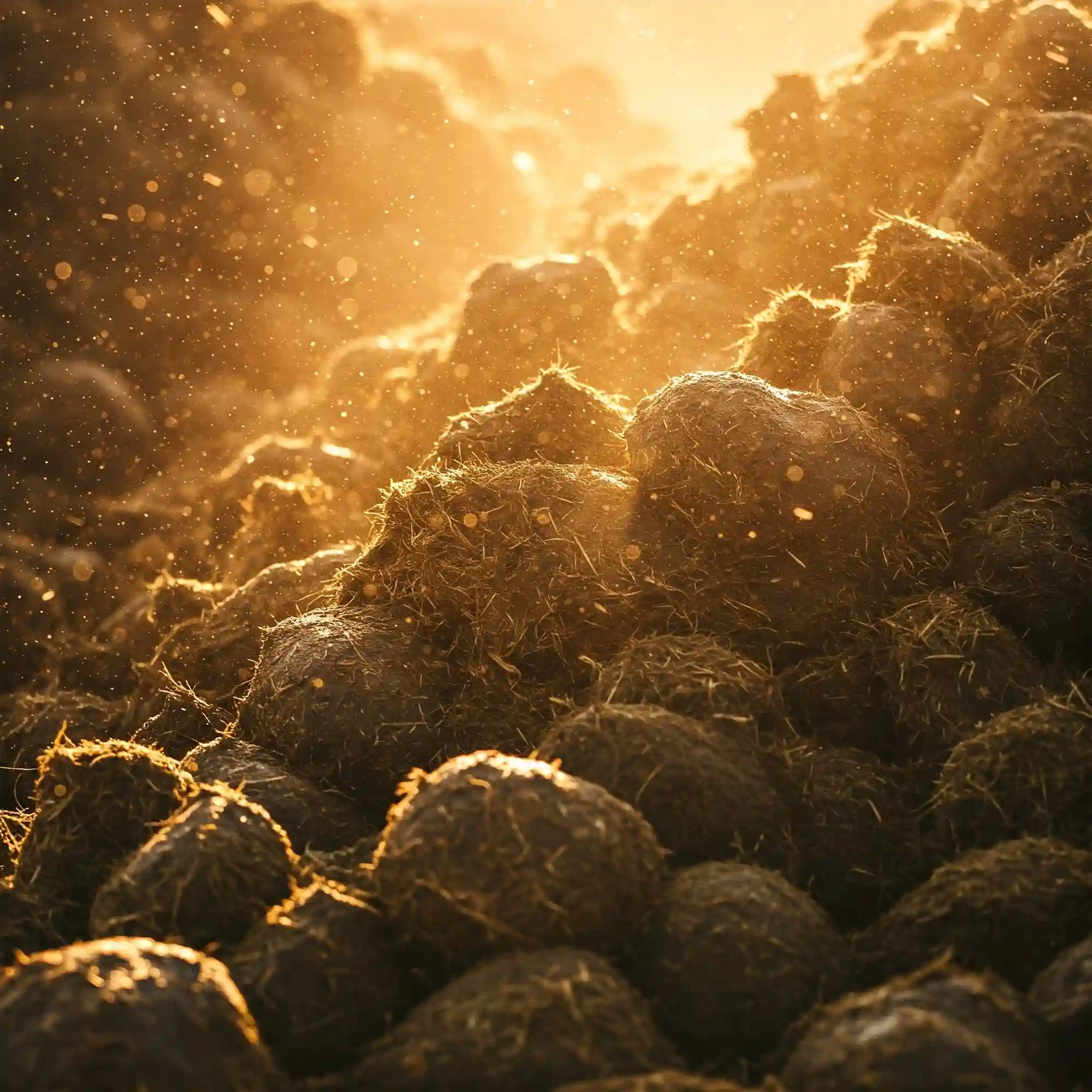Composting has gained popularity as an eco-friendly way to manage organic waste and enrich soil. However, various myths and misconceptions surround this practice, leading to confusion and hindering its adoption. Let’s debunk some common composting myths and uncover the facts behind them.
Myth 1: Composting Creates Unbearable Odors
Fact: Composting done correctly should not produce unpleasant odors. Proper aeration, moisture balance, and the use of the right ingredients can minimize odors. Avoid composting meat, dairy, or diseased plants, as these can attract pests and cause unpleasant smells.
Myth 2: Compost Requires Frequent Turning
Fact: While turning compost helps accelerate the decomposition process, it is not a strict requirement. Composting can still occur effectively without regular turning, although it may take longer. Turning the compost pile occasionally helps aerate it and speeds up the decomposition process.
Myth 3: Compost Needs to be Hot to Work
Fact: Composting can occur at a wide range of temperatures. While high temperatures can speed up the process, composting can still happen at ambient temperatures. The key is to maintain a balanced mix of materials and moisture to support the decomposition process.
Myth 4: Only Plant-Based Materials Can Be Composted
Fact: Composting can include a variety of organic materials, including food scraps, yard waste, paper products, and even some animal-based materials like eggshells and coffee grounds. However, it is essential to avoid composting meat, dairy, or diseased plants, as these can attract pests and cause odor problems.
Myth 5: Compost is Only Suitable for Gardeners
Fact: Compost has numerous applications beyond gardening. It can be used to improve soil structure, reduce the need for chemical fertilizers, and even help control erosion. Compost can also be used in landscaping, potting mixes, and vermicomposting systems.
Myth 6: Composting is Time-Consuming and Complicated
Fact: Composting can be as simple or complex as you want it to be. DIY composting methods, such as backyard composting or vermicomposting, require minimal effort and can be managed with basic knowledge and materials.
Myth 7: Compost Attracts Pests and Rodents
Fact: Properly managed compost should not attract pests or rodents. Avoid composting meat, dairy, or diseased plants, as these can attract pests. Proper aeration, moisture balance, and covering the compost pile can help prevent pests and rodents from being attracted to it.
Myth 8: Compost Can Be Used Immediately
Fact: Fresh compost may contain pathogens and immature organic matter that can harm plants. It is recommended to allow compost to mature for several weeks or months before using it in gardens or landscaping. Mature compost is dark, crumbly, and has a pleasant earthy smell.
Myth 9: Composting is Only for Large-Scale Operations
Fact: Composting can be practiced on various scales, from backyard composting to large-scale commercial operations. Even small-scale composting, such as composting kitchen scraps and yard waste, can significantly reduce the amount of organic waste sent to landfills and contribute to a more sustainable waste management system.
Myth 10: Composting Is Not Necessary in Urban Areas
Fact: Composting is just as important in urban areas as it is in rural areas. Urban composting can help reduce the amount of organic waste sent to landfills, improve soil quality in urban gardens and parks, and promote sustainable waste management practices in densely populated areas.
Composting is a valuable practice that can benefit the environment, reduce landfill waste, and enrich soil for gardening and landscaping. By debunking these myths and understanding the facts about composting, we can promote its adoption and contribute to a more sustainable and eco-friendly waste management system.

